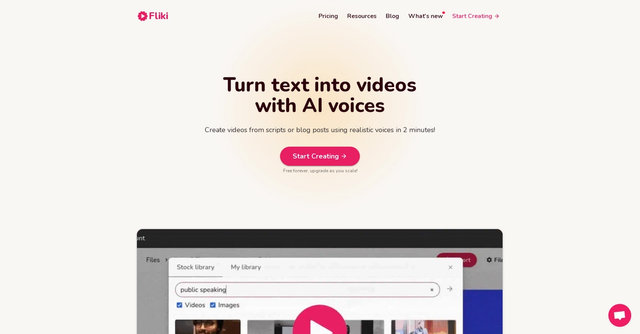Hacker Hacks HUD Screens to Show AI Video of Trump and Musk
Imagine walking into your office on a Monday morning, coffee in hand, mentally preparing for the onslaught of emails, only to find every screen in the building playing a looping deepfake of Donald Trump and Elon Musk debating the future of humanity. Sounds like the setup of a cyberpunk novel, right? Nope. This actually happened at the Department of Housing and Urban Development (HUD)—or at least, something very close to it.
The Hack That Stopped the Bureaucracy
HUD employees returning to the office were met with an unexpected broadcast on all digital displays—an AI-generated video featuring none other than Trump and Musk. Was it a political statement? A meme taken too far? A recruitment ad for an underground AI resistance? No one's quite sure yet, but what we do know is that a hacker managed to hijack the department's internal screens and replace the usual announcements with this bizarre cinematic masterpiece.
How Did This Even Happen?
Let's break this down: Government offices typically use internal digital signage software to display information—think meeting schedules, policy updates, and the occasional mandatory cybersecurity PSA (which, in this case, clearly didn’t work). If a hacker gained access, they could easily override the content and replace it with whatever they wanted.
Potential entry points could include:
- Exploiting weak credentials (yep, 'password123' still exists in some places).
- Compromising an internal server that manages display content.
- Using phishing techniques to gain admin access.
- Simply walking in with a USB drive and some nerve.
While details are scarce on the method used, the fact that this happened at a federal department makes you wonder—what other systems could be equally vulnerable?
AI-Powered Chaos
Now, let’s talk about the content of the hack—a deepfake conversation between Trump and Musk. AI advancements in video generation have made synthetic media more realistic than ever. With tools like OpenAI's voice models and video synthesis technologies, creating a believable fake conversation between public figures is easier than convincing your grandma that the internet is safe.
But why Trump and Musk? Probably because they’re two figures that everyone has an opinion on—whether you see them as visionaries, villains, or reality-show material. Their personas alone were enough to make HUD employees momentarily forget all about their paperwork.
What Happens Now?
Here’s the real question—will this hack be treated as just a hilarious embarrassment, or will it spark a serious security overhaul? Government agencies aren’t exactly known for cutting-edge cybersecurity (see: every leak ever), so this could either be a wake-up call or just another ignored memo in someone's inbox.
But beyond the security aspects, this incident raises another compelling debate: AI-generated content is becoming indistinguishable from reality. What happens when someone does this with more malicious intent? What if, instead of a joke, the next deepfake convinces people of something that’s entirely false?
Should we be concerned, or should we just sit back and enjoy the chaos?
Join the Conversation
What do you think—brilliant hack or a sign of AI-dystopia? Should we be impressed by the technical execution, terrified by the security failure, or both? Drop your thoughts below and let’s geek out over this together.
Get to know the latest AI news
Join 2300+ other AI enthusiasts, developers and founders.
- CommentsShare Your ThoughtsBe the first to write a comment.




















%20(1).webp)
.webp)



.webp)



.jpg)

